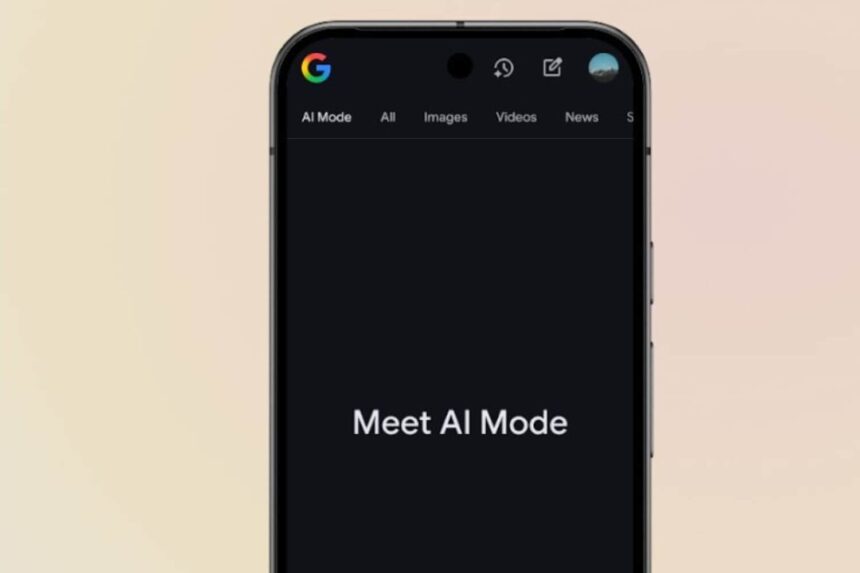Artificial intelligence revolutionizing search with Google’s new AI Mode
Artificial intelligence (AI) continues to make waves in the tech world, with Google’s new AI Mode in Search now available for users in South Africa, Kenya, and Nigeria. This innovative feature offers a more intuitive, comprehensive, and helpful search experience.
AI Mode is designed to help users tackle complex, multi-part questions with ease, providing intuitive responses, multimodal inputs, and deeper exploration of topics. While it has received praise for its functionality, there are concerns about data privacy and user history customization.
At the recent AWS Summit in Sandton, AI was a hot topic, driving industry transformation and fostering innovation. However, there is a growing need for proper regulation to ensure the ethical use of AI in South Africa.
Last year, during the Africa Tech Festival, Communications and Digital Technologies Minister Solly Malatsi emphasized the importance of finding a balance for the ethical use of AI to prevent the spread of deep fakes, misinformation, and disinformation.
Google’s AI Mode: Transforming Search
Powered by Google’s latest Gemini 2.5 model, AI Mode revolutionizes how users interact with Search by enabling them to ask nuanced and exploratory questions that would have previously required multiple searches. This feature is now available as a tab on the Search results page and within the Google app for Android and iOS.
“We’re thrilled to introduce AI Mode to our users in the region,” said Alex Okosi, Managing Director of Google Africa. “We understand that people here have complex questions and a thirst for knowledge, and AI Mode aims to cater to their curiosity.”
Enhanced Accessibility through AI
AI is not just revolutionizing search capabilities but also transforming accessibility into an opportunity. By offering a cost-effective platform and API, AI enables the creation of inclusive audio-visual content that connects authentically with diverse audiences, ensuring that no one is left behind.
Phonetik.ai’s platform and API, leveraging the scalability and security of AWS, provide audio-visual descriptions that allow audiences to “see with their ears and listen with their eyes.” This innovation is particularly beneficial for the 24% of the global population living with hearing or visual disabilities.
In a similar vein, Vodacom recently unveiled the Blindshell Classic 2, a specialized button-based smartphone designed for the visually impaired, showcasing the potential of AI to enhance accessibility for all.








